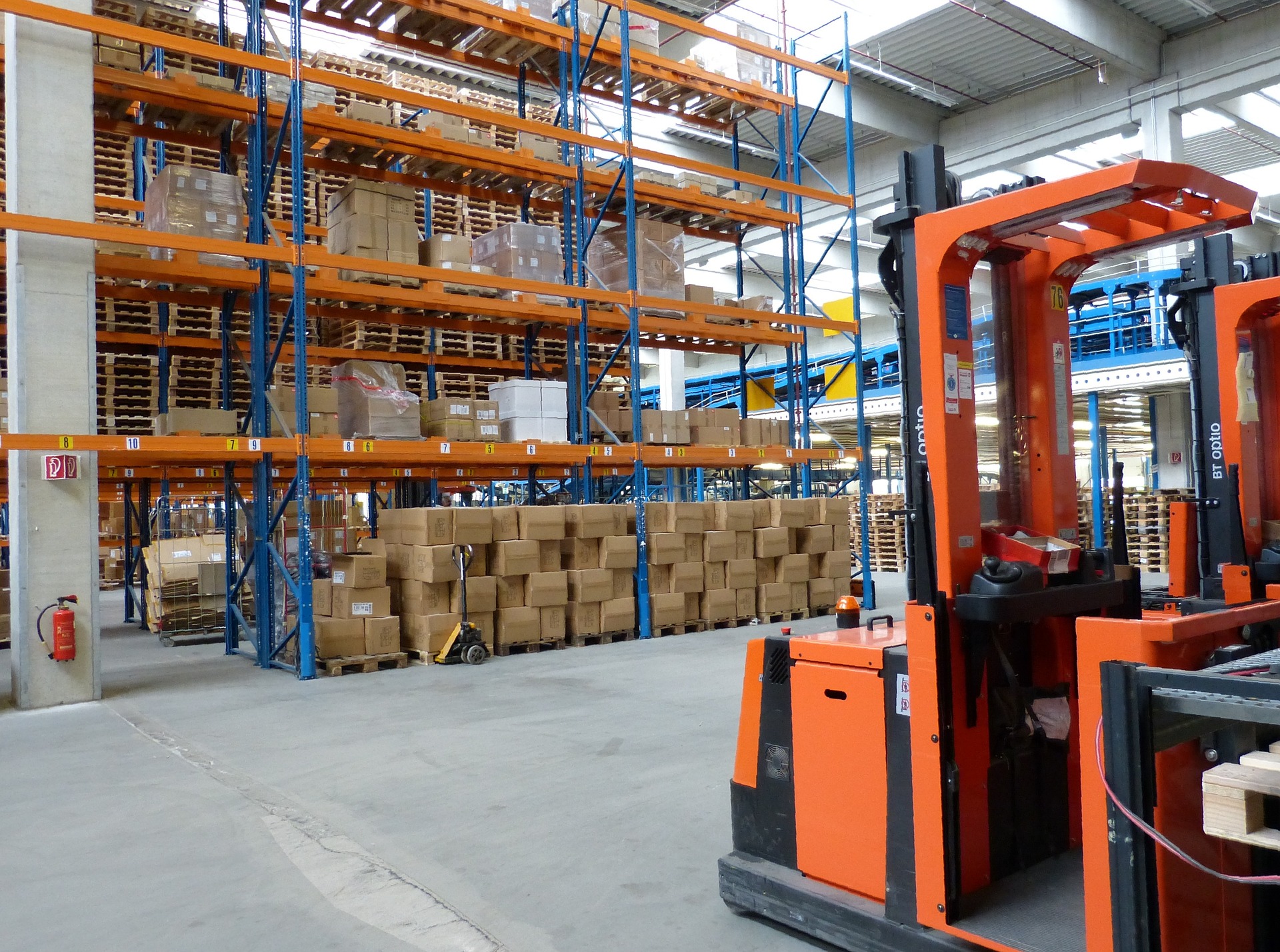Forklift Company Careers in the UK: A Growing Field
The forklift industry in the United Kingdom has experienced significant expansion over recent years, creating numerous employment opportunities across warehousing, logistics, manufacturing, and construction sectors. As businesses continue to modernise their operations and e-commerce drives increased demand for efficient goods handling, forklift operators have become essential workers in the UK economy. These roles offer stable employment with competitive wages and clear progression pathways for skilled operators.
What Are the Day-to-Day Duties of Forklift Drivers?
Forklift operators perform a variety of essential tasks that keep businesses running smoothly. Their primary responsibility involves safely moving, loading, and unloading materials using powered industrial trucks. Daily duties typically include conducting pre-shift equipment inspections, checking fluid levels, and ensuring all safety systems function properly before beginning operations.
During shifts, operators transport goods between storage areas, loading docks, and production floors whilst maintaining accurate inventory records. They stack materials at designated heights, organise warehouse layouts for optimal efficiency, and coordinate with supervisors and colleagues to prioritise urgent deliveries. Many positions also require basic maintenance tasks such as battery charging, routine cleaning, and reporting mechanical issues to maintenance teams.
Why Is Demand Rising in the UK?
Several factors contribute to the growing demand for forklift operators across the United Kingdom. The rapid expansion of e-commerce has fundamentally changed how goods move through supply chains, with online retailers requiring larger warehouse facilities and more efficient material handling systems. This shift has created thousands of new positions in distribution centres nationwide.
Brexit-related changes in trade patterns have also influenced demand, as businesses restructure their supply chains and establish new domestic distribution networks. Additionally, an ageing workforce in traditional industries means many experienced operators are reaching retirement, creating opportunities for new entrants to the field.
Government infrastructure investments, including housing developments and transport projects, have boosted construction activity where forklift operators are essential for moving building materials safely and efficiently.
What Skills Do Employers Expect?
Modern forklift positions require a combination of technical competencies and soft skills that extend beyond basic equipment operation. All operators must hold valid certification through accredited training programmes, typically including counterbalance, reach truck, or specialised equipment qualifications depending on the role.
Employers increasingly value candidates with strong attention to detail, as accurate inventory management and quality control have become crucial business functions. Physical fitness remains important, though modern ergonomic equipment has reduced the physical demands compared to previous generations of machinery.
Communication skills are essential for coordinating with team members, understanding verbal instructions, and reporting safety concerns or equipment problems. Many positions also require basic computer literacy for inventory management systems and electronic documentation.
Training and Certification Requirements
Professional forklift operation in the UK requires completion of certified training programmes that combine theoretical knowledge with practical skills assessment. Training typically covers equipment types, load capacity calculations, workplace safety regulations, and emergency procedures. Most programmes can be completed within one to five days, depending on prior experience and equipment complexity.
Certification must be renewed periodically, with refresher training ensuring operators stay current with safety standards and technological developments. Many employers provide ongoing training opportunities, including cross-training on different equipment types and advancement into supervisory roles.
Career Progression Opportunities
The forklift industry offers clear pathways for career advancement beyond entry-level operator positions. Experienced operators can progress to team leader or supervisor roles, overseeing warehouse operations and training new staff members. Some advance into equipment maintenance, becoming certified technicians who service and repair industrial machinery.
Training and development opportunities may lead to roles in operations management, logistics coordination, or health and safety supervision. The transferable skills gained through forklift operation, including attention to detail, safety awareness, and teamwork, are valued across many industries and can open doors to broader career opportunities.
Forklift careers in the UK represent a stable and growing employment sector with opportunities spanning multiple industries. The combination of steady demand, competitive compensation, and clear advancement pathways makes these positions attractive for both new entrants to the workforce and experienced workers seeking career changes. As the UK economy continues evolving, skilled forklift operators will remain essential to efficient business operations across the supply chain.





